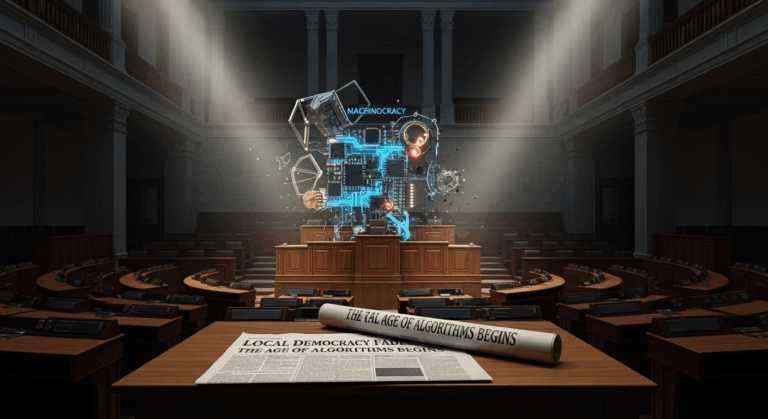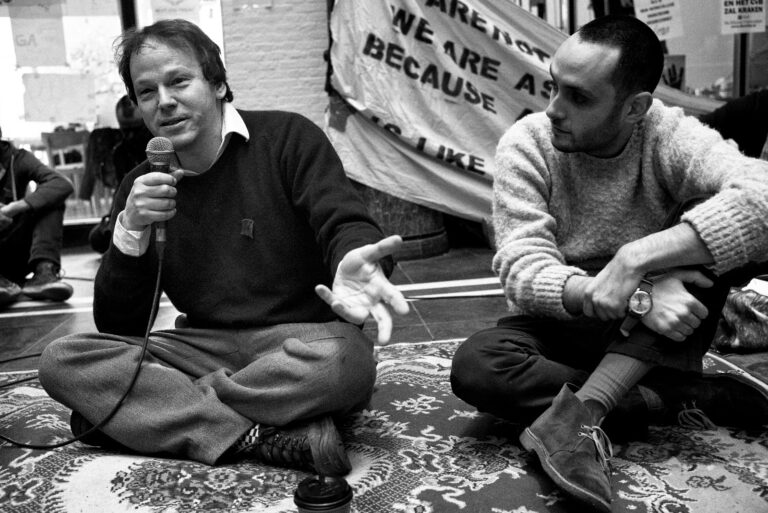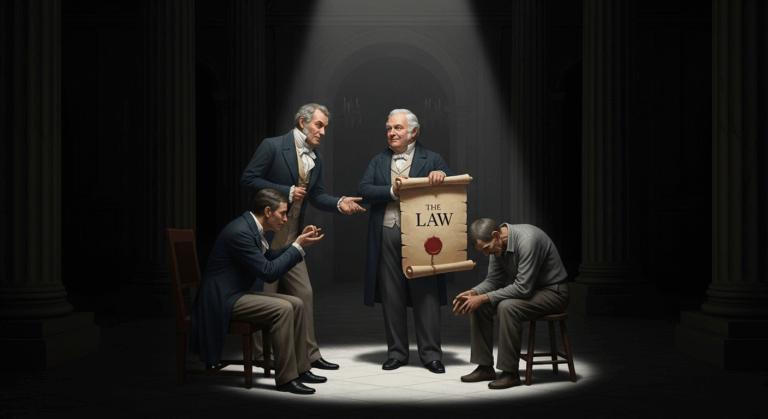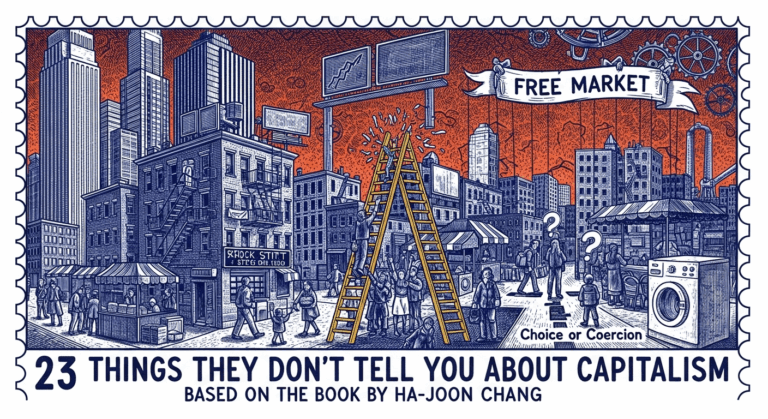In 2014, something extraordinary happened that most people completely missed. The Bank of England - one of the world's most powerful financial institutions - quietly published a statement that destroyed everything we thought we knew about money.
"Most of the money in circulation is created, not by the printing presses of the Bank of England, but by the commercial banks themselves," they admitted. "Banks create money whenever they lend to someone in the economy."
For anthropologist David Graeber, author of "Debt: The First 5000 Years," this was like watching the emperor finally admit he had no clothes. After a century of economists telling us that money evolved from ancient barter systems, and that banks simply lend out money that savers deposit with them, even the banks themselves were now saying: "Actually, we just create money out of thin air."
But Graeber's book reveals something far more disturbing than just academic lies about economics. He shows how our entire global system runs on a simple principle: behind every dollar, every loan, every debt, there's ultimately violence. As he puts it, "Behind the wizard, there's a man with a gun."
From Nixon's 1971 decision to abandon the gold standard (to pay for bombing Vietnam) to the tragic collapse of Bangladesh's microcredit dream, from America's 800 military bases enforcing dollar dominance to the moral transformation that makes us see debt as sin - Graeber traces 5,000 years of how the powerful have used debt to control the powerless.
His conclusion? The system that's destroying our planet and trapping billions in poverty isn't natural or inevitable. It's a human creation. And humans can create something different.
The question isn't whether change is coming - the current system is already collapsing under its own contradictions. The question is: what will replace it? And do we have the courage to imagine a world where, as Graeber writes, "no one has the right to tell us what we truly owe"?
This is more than just economics. It's about what it means to be human in a world built on debt.




